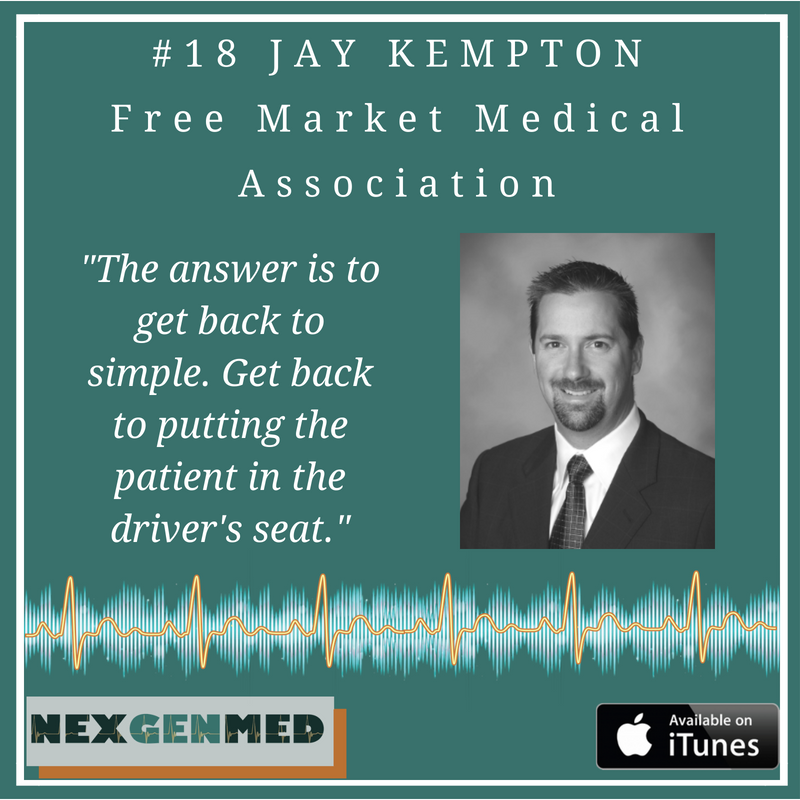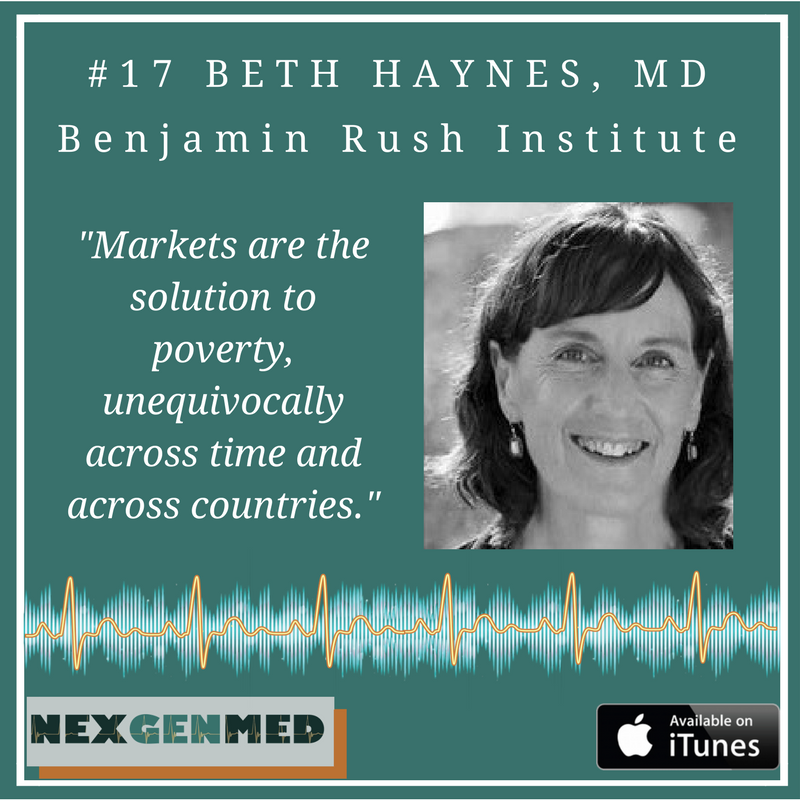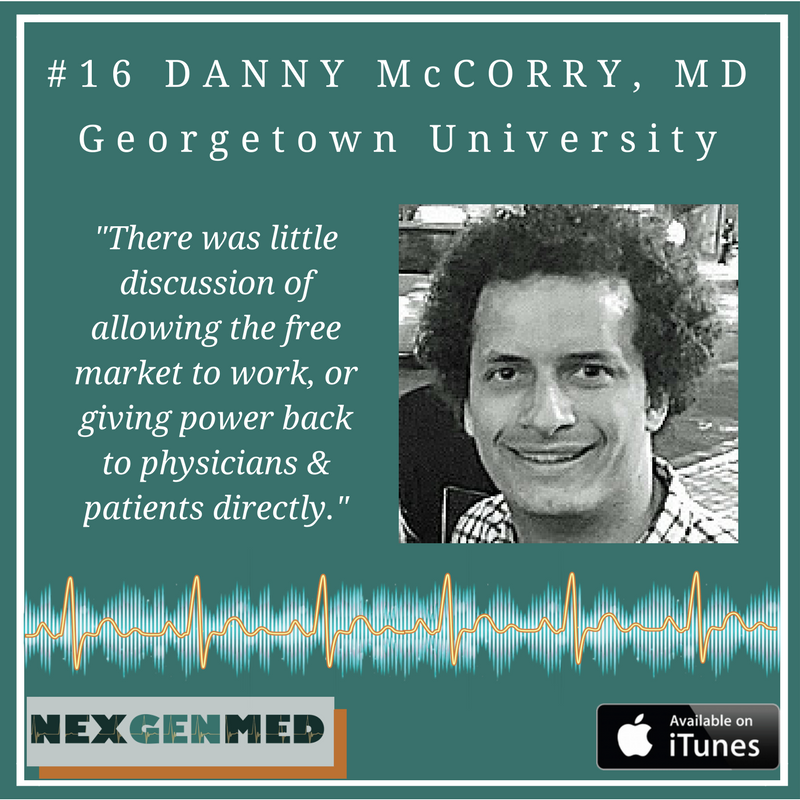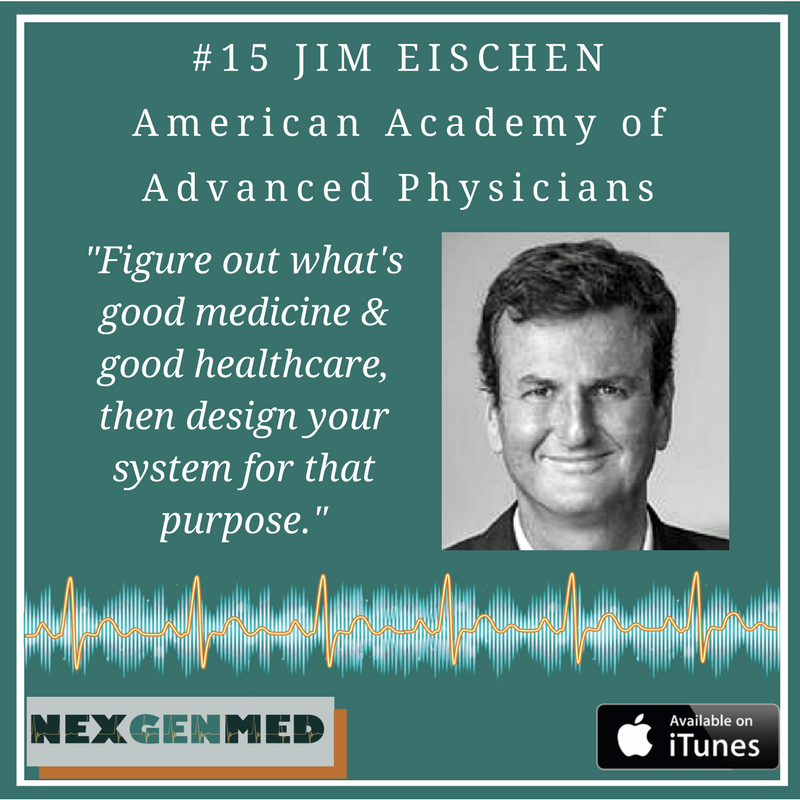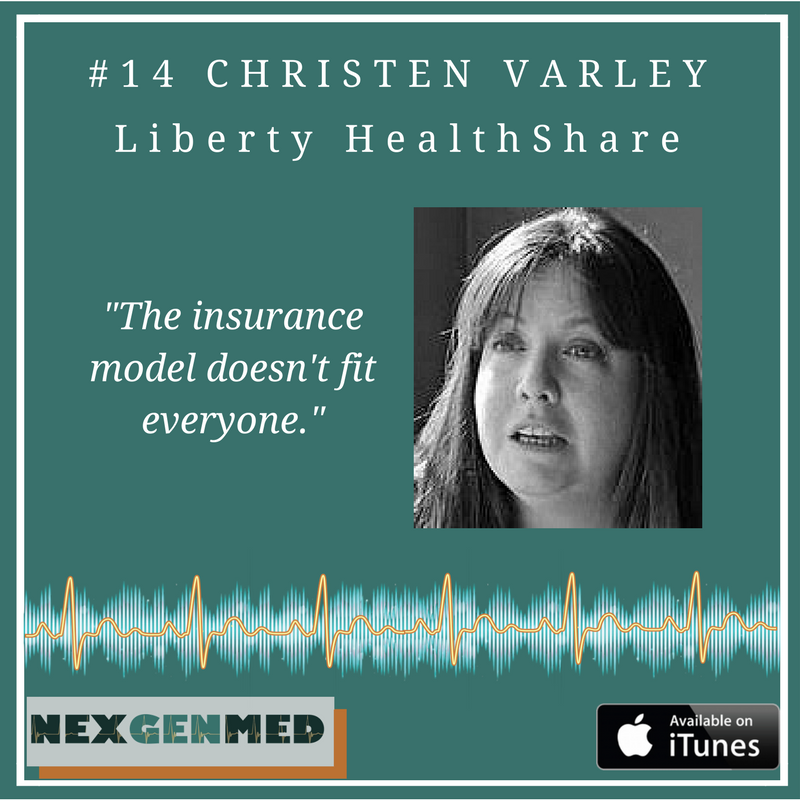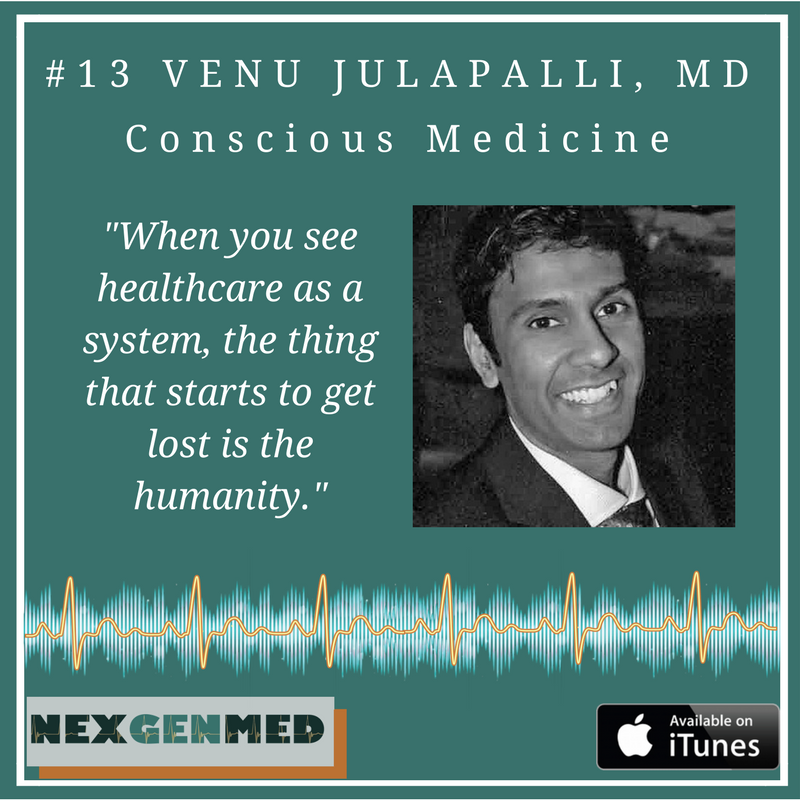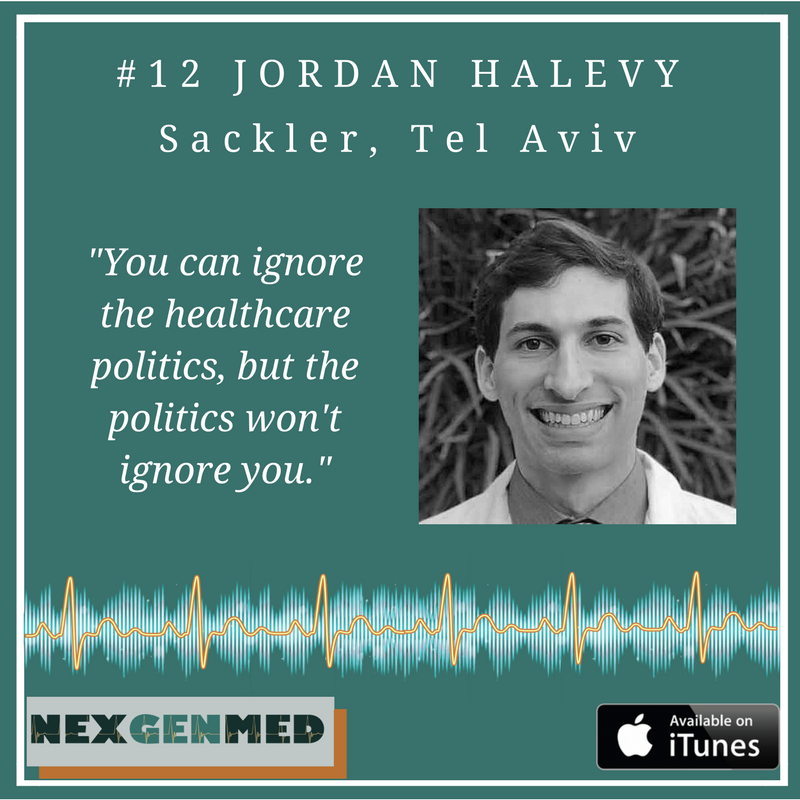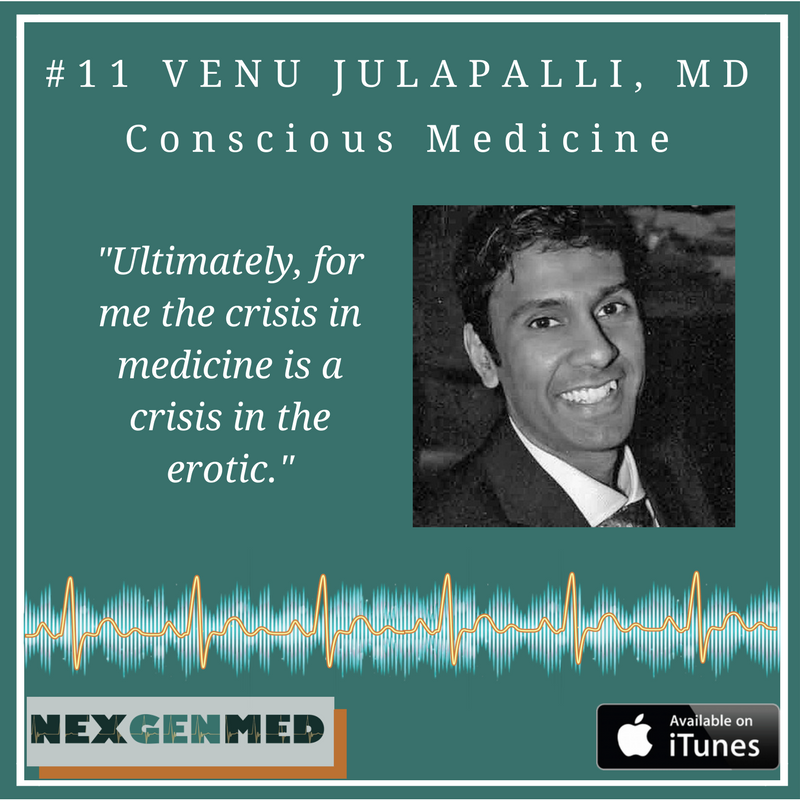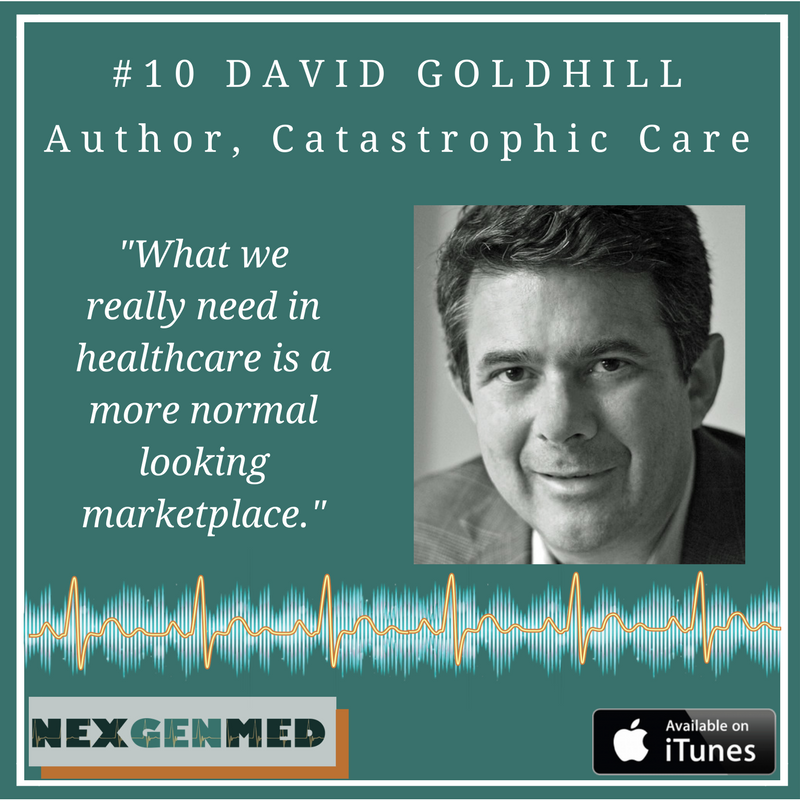The Medical Community Speaks Out
The Medical Community Speaks Out
BRI is a proud supporter of the NextGenMed Podcast, where current medical students and professionals discuss free market healthcare.
BRI is a proud supporter of the NEXGENMED Podcast, where current medical students and professionals discuss free market healthcare.
Jay Kempton, co-founder of the Free Market Medical Association (FMMA) Understanding the nature of buyers and sellers of goods or services, including healthcare, can help put patients and doctors back in the driver’s seat of any healthcare transaction, eliminate false incentives and simplify the entire healthcare insurance process.
“What about the poor?”
Dr. Haynes discusses fundamental issues in healthcare policy underlying questions such as “What about the poor?” Is the overall goal to drive more and more people into government dependence, or to help people thrive independently, making the best healthcare decisions for themselves in a free market?
Danny McCorry, MD, BRI-Georgetown chapter founder and past president talks about how he discovered BRI and leveraged his interest in free market healthcare policy and medicine into a prestigious fellowship. His Heritage Foundation white paper on Direct Primary Care was influential in passing healthcare legislation on a state level, and continues to influence policy discussions across the country.
“Figure out what’s good medicine & good healthcare, then design your system for that purpose”, says Jim Eischen, JD, of the American Academy of Private Physicians. Eischen compares Direct Primary Care, Concierge Care & Connected Care: What distinguishes them, and which might be best for your future medical practice?
Christen Varley of Liberty HealthShare answers: What is a health sharing ministry, and how does it help reduce costs and increase transparency for patients? Moreover, how does it encourage healthy behaviors in among its participants, while making them more savvy healthcare consumer?
Each doctor’s uniqueness + the best of integrated systems = Health 3.0
Dr. Venu Julapalli returns to NexGenMed discussing Health 3.0. How has medical delivery evolved, and how can we take the best of the past and combine synergistically for a brilliant healthcare future?
Jordan Halevy, American medical student studying abroad at Sackler Medical School, Tel Aviv University, discusses Israeli healthcare policy, and how historical political constructs have influenced healthcare, not only in Israel, but also in the US.
This valuable history lesson exposes the fallacy in thinking that the US healthcare is a free market healthcare system, and how historical events contributed to the dysfunction we are experiencing today.
In the last of a 3-part series on diagnosing American healthcare, Dr. Venu Julapalli explains from a physician’s medical perspective what is fundamentally missing from the American healthcare system. Starting with first principles that also address the individual’s life purpose and passion, Dr. Julapalli examines what could return the “crackle,” joy, and spark to medical practice.
In the second of a 3-part series on diagnosing American medicine, David Goldhill, CEO of The Gameshow Network and author of Catastrophic Care: Why Everything We Know About Healthcare is Wrong, takes on this diagnosis from a business perspective. Mr. Goldhill outlines many ways that sound business practices and the right economic incentives can be applied to healthcare, which would result in positive solutions like lowering costs, increasing quality and heightening access. Also be sure to check out Part I.

